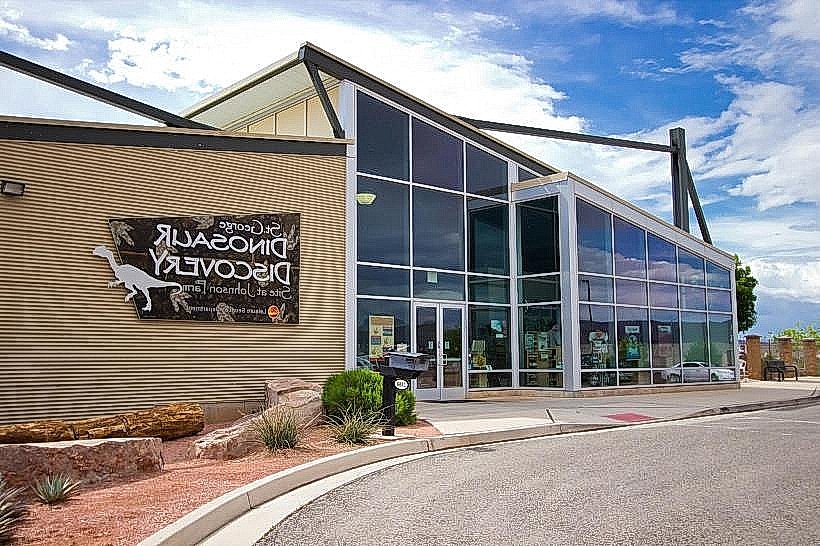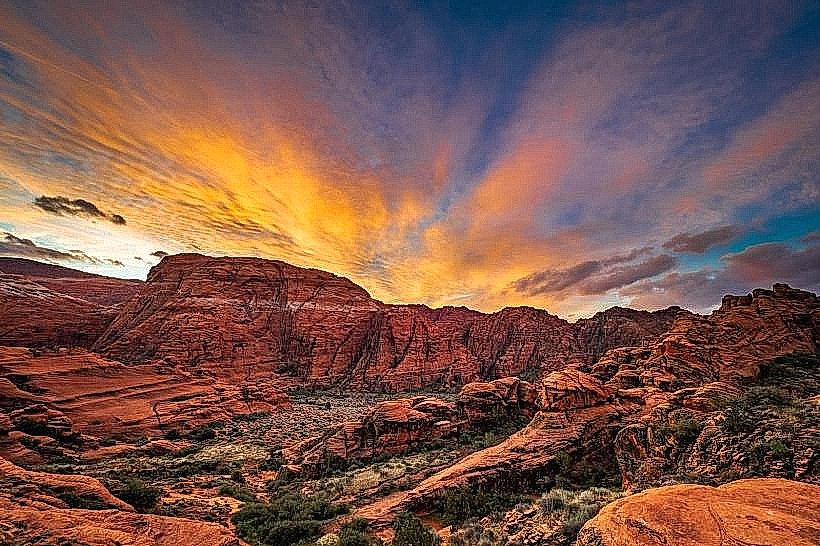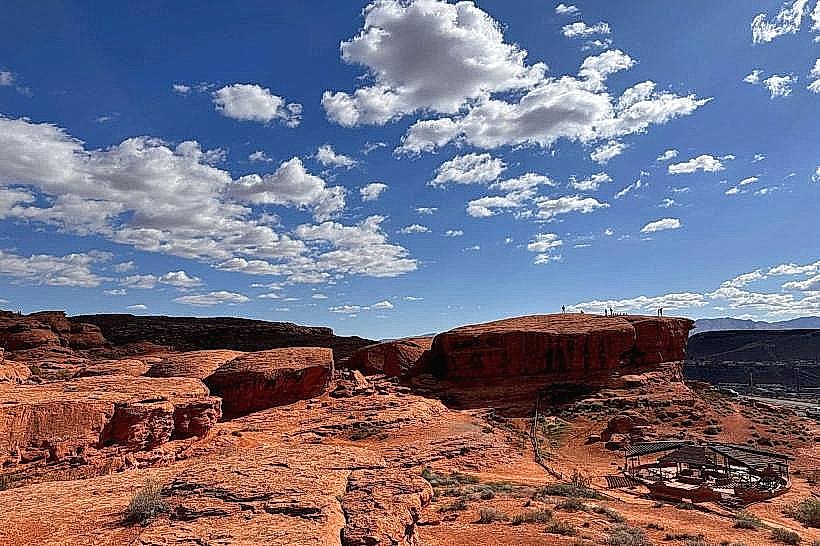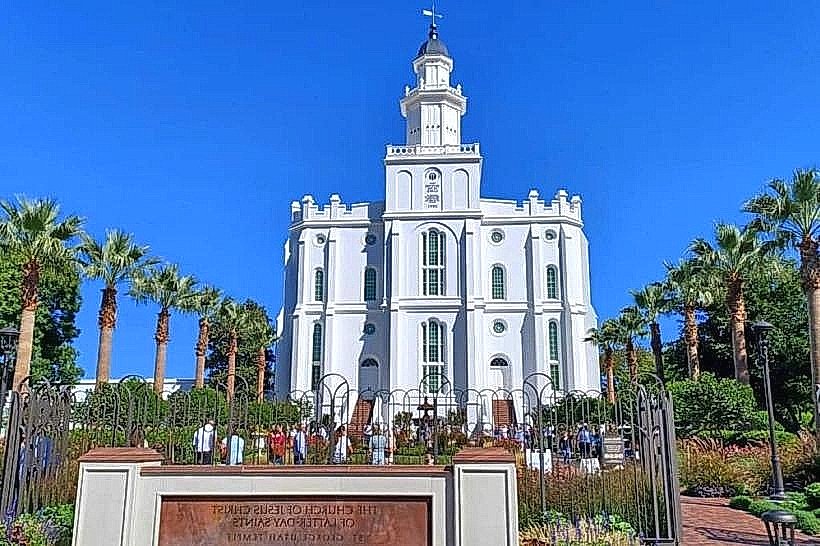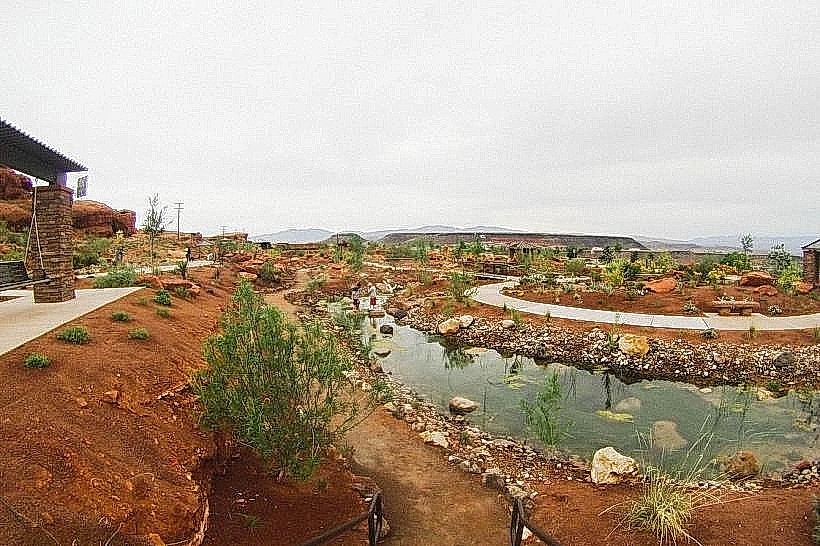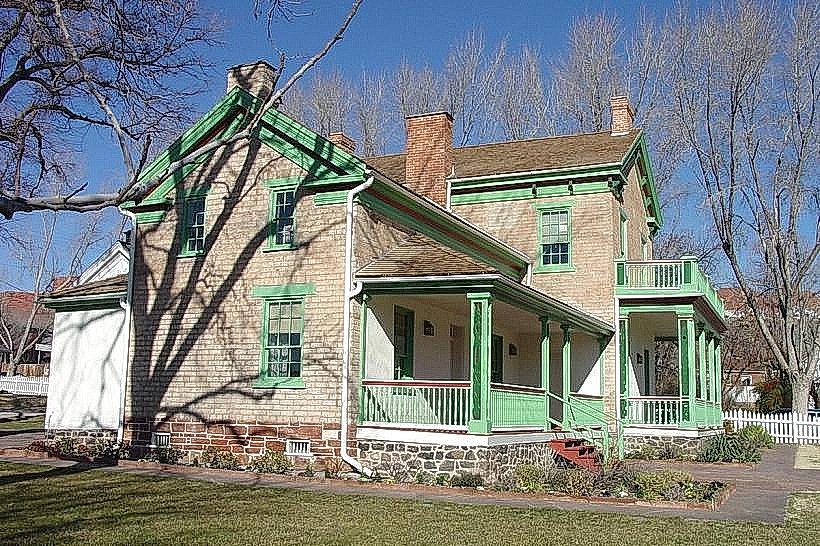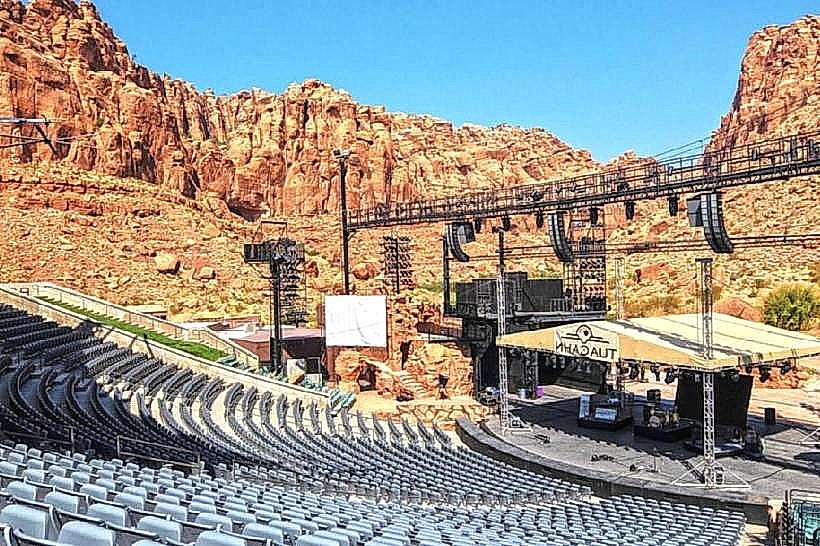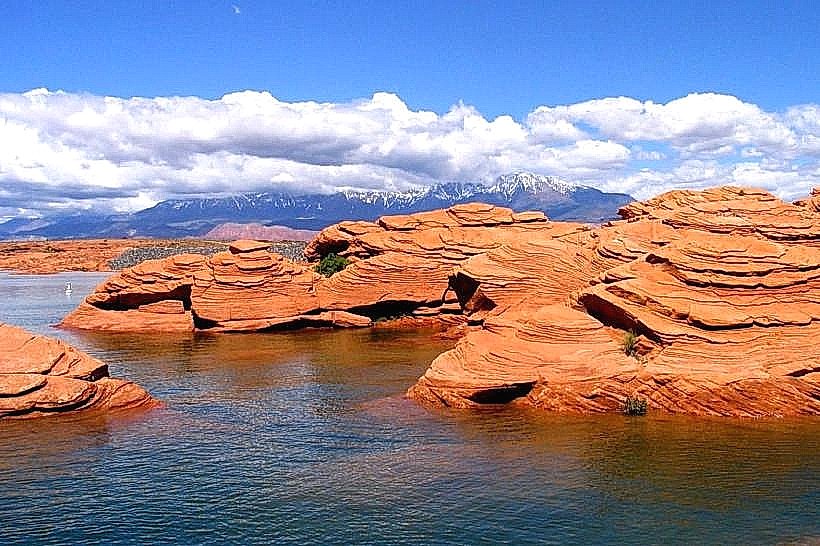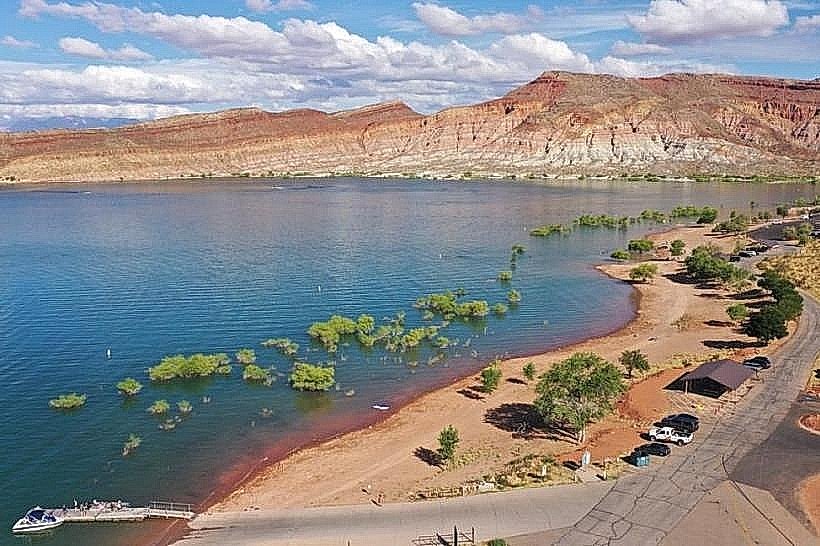Information
Landmark: Zion National ParkCity: St George
Country: USA Utah
Continent: North America
Zion National Park, St George, USA Utah, North America
The Greenbrier River Trail Access in Hinton, West Virginia, provides entry to a 78-mile-long rail-trail traversing the state's scenic landscape.
Visual Characteristics
The access point is a gravel lot adjacent to the Greenbrier River. The trail itself is a packed dirt and gravel surface, approximately 10-12 feet wide, with a gentle gradient. The surrounding environment consists of deciduous forest, with the Greenbrier River flowing alongside the trail.
Location & Access Logistics
The primary access point is located off US Route 219 South in Hinton. Approximately 1 mile south of the Hinton city limits, turn right onto River Trail Road. The access point is at the end of River Trail Road, approximately 0.5 miles from the highway. A gravel parking lot is available, accommodating approximately 20 vehicles. No public transport directly serves this specific access point.
Historical & Ecological Origin
The Greenbrier River Trail was developed on the former Chesapeake & Ohio Railway line, which ceased operations in the late 20th century. The trail was converted to recreational use starting in the 1980s. Ecologically, the area is part of the Appalachian mixed mesophytic forest region, characterized by diverse tree species and riparian habitats.
Key Highlights & Activities
Activities include hiking, bicycling, and horseback riding along the trail. Fishing is permitted in the Greenbrier River. Overnight camping is allowed at designated primitive campsites located at intervals along the trail. Birdwatching is a common activity due to the diverse avian population.
Infrastructure & Amenities
Restrooms are not available at this specific access point. There is no designated shade structure. Cell phone signal (4G/5G) is intermittent to non-existent along the trail. No food vendors are located at this access point; provisions should be carried from Hinton.
Best Time to Visit
The best time for hiking and bicycling is from April through October, when temperatures are moderate. Spring (April-May) offers blooming wildflowers. Autumn (September-October) provides fall foliage. Early morning or late afternoon offers optimal lighting for photography due to the angle of the sun through the trees.
Facts & Legends
A unique aspect of the Greenbrier River is its designation as the longest free-flowing river east of the Mississippi River. Local folklore sometimes speaks of old railway ghosts haunting the abandoned tracks, though these are unsubstantiated tales.
Nearby Landmarks
- C&O Depot Museum (0.8km North)
- Hinton Historic District (1.2km North)
- Bluestone State Park (15km Southwest)
- Pipestem Resort State Park (20km Southwest)

